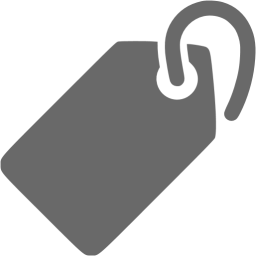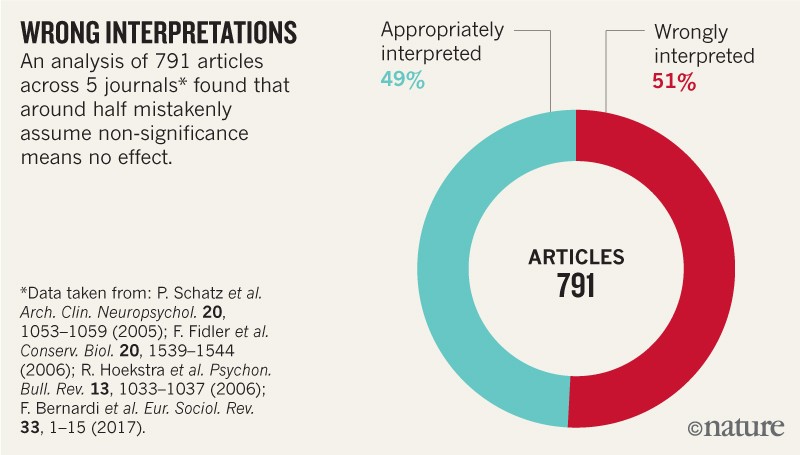Explaining P-Value to your Grandmother
26 Mar 2019
Why you should try to explain p-value to your grandmother
On today’s lecture “STATISTICAL DATA ANALYSIS”, professor came up with an interesting question:
“How would you explain p-value to your grandmother?”
The context and implication behind this question was that statisticians should be able to explain and deliver statistical terms to ordinary people. The explanation should be concise, easy and must include idea of statistical significance, without using terms such as distribution, alpha. If you try to explain p-value using statistical and mathematical terms…
Apparently, that’s the face she would make.
Even Scientists are confused with the concept of p-value
In fact, many people (even scientists and researchers) misinterpret the concept of statistical significance. Many journals and research papers provide their evidence using p-value but most of these interpretations turned out to be wrong: results were irreproducible, or p-value was selectively chosen for their explanation.

source: https://www.nature.com/articles/d41586-019-00857-9
In this sense, statisticians should be able to double check whether their understanding is correct or not. The best way to do this is trying to teach the concept to other people. Tutoring or teaching can be a way of developing one’s own understanding and establishing confidence to their knowledge. This is probably why the professor suggested students to try to explain p-value to their grandmother.
One Way of Explanation
According to definition of p-value by American Statistical Association (a.k.a ASA), p-value is “the probability that statistical summary of the data would be equal to or more extreme than its observed value”. To put this in easier words, I would tell my grandmother like this:
p-value is the chance of what you saw or experienced is completely different from the actual or real thing. You can make use of this chance to question the existing knowledge involving the real thing.
Of course this statement omits assumptions of p-value, I believe it contains the abstract notion of what p-value is…
